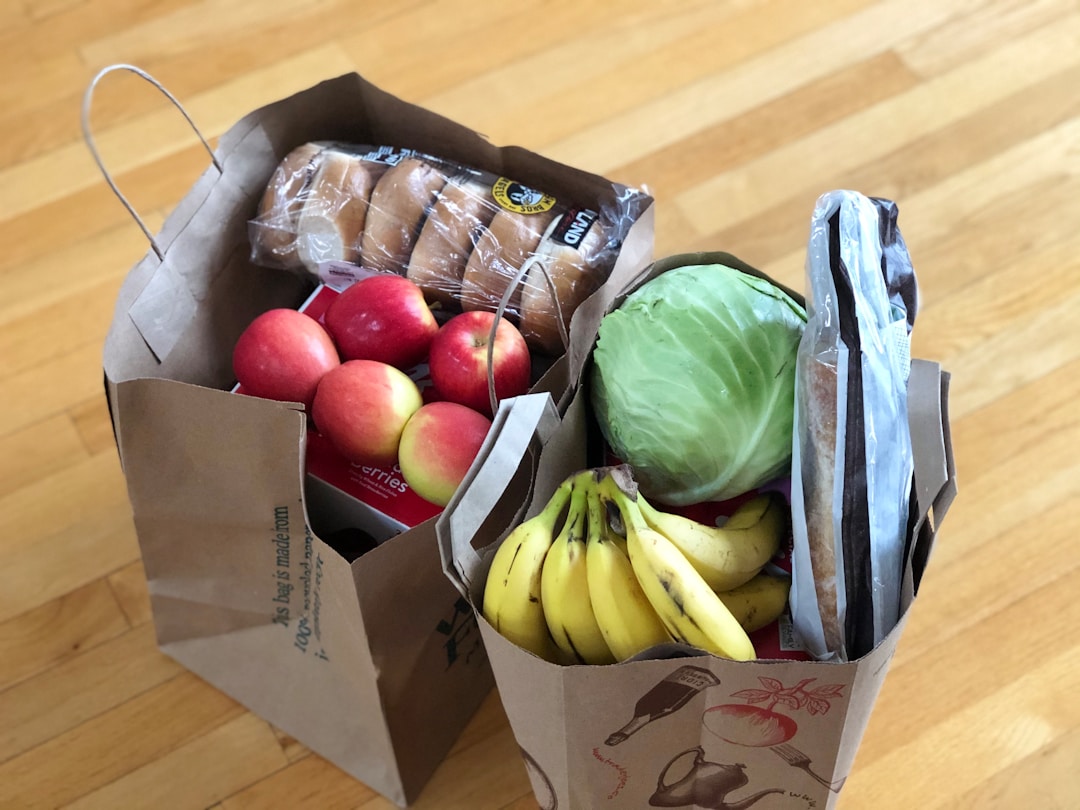There are several reasons why you may become a caregiver to your aging parent: their diminished cognitive abilities, tight finances, ongoing medical care, and more. Once your loved one begins showing signs that they may need elder care, it’s important to involve them in the process and have a discussion with them about what resources they need to help improve their quality of life. Here are three main resources that you can bring up during your conversation.
Rent Assistance

Given the unique housing needs and level of care that most seniors need, it can be difficult for them to find adequate housing, much less one that they can afford. Fortunately, the Department of Housing and Urban Development (HUD) offers several rent assistance programs to help seniors find proper housing that’s suited to their needs.
Affordable housing is a rental assistance program that allows seniors living in state-owned rental housing to pay their rent at a subsidized rate. To qualify for this type of financial support, the senior must be over the age of 62 and meet the state-specific income limit.
Supportive housing for the elderly is a rent assistance program that provides uniquely modified housing to elderly patients. These housing units are also offered at a subsidized rate and include home modifications such as grab bars, assistive seating, nonskid floors, and more. These modifications cater to the senior’s unique medical needs and allow them to live their daily lives with some form of independence.
If your parents require rent assistance, your local public housing authority website can help. It’ll have more information on how you can help your loved one apply for these services. An attorney familiar with federal rental assistance for seniors can also help with this.
Food Assistance

In situations where seniors may have a diminished capacity to earn a living due to chronic illness or income changes, gaining access to basic needs such as personal hygiene products, food products, and medications can be difficult. To help ease some of these financial strains, the Supplemental Nutrition Assistance Program (SNAP) offers seniors food stamps or food assistance to help them access healthy meals.
In Ohio, for instance, you can help your elderly parent apply for food assistance at the Ohio Department of Job and Family Services (ODJFS). If you’d like more information on how to qualify for meal assistance in Southwestern Ohio, contact the ODJFS office to speak with a representative regarding the types of support available to older Ohioans.
In-Home Care Services

In-home care allows older adults to age-in-place in their own home when they’re not ready to move into a residential care facility. It’s also a great option for individuals who are still mobile and independent and just need some basic assistance. There are different types of in-home care services, and the type of care that your parent receive will depend on their needs.
If your parent lives alone or has started showing signs of cognitive impairment, such as early-stage dementia, a care management service can help. A home care nurse from such a facility can provide your parent with companionship by reading to them, accompanying them on walks, or playing board games.
A home care provider will also help with basic meal prep, accompany them to doctor’s appointments, and aid them with activities of daily living (ADLs) such as dressing, personal hygiene, managing their prescriptions, and other personal care needs.
If you need help finding a home care provider, seek referrals from other family members, friends, or your parent’s primary care doctor. Your local Area Agency on Aging can also help you find helpful senior care agencies. Once you’ve identified a few care management services, book an in-person elderly care consultation to discuss the range of home care services they offer and see if they’ll be a good fit.






